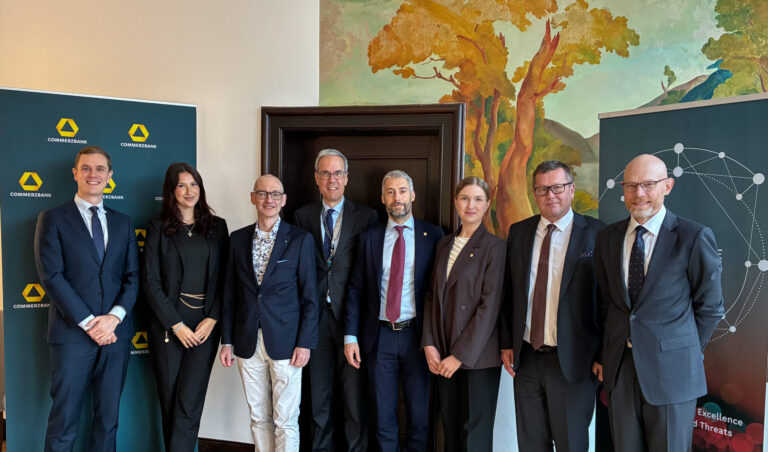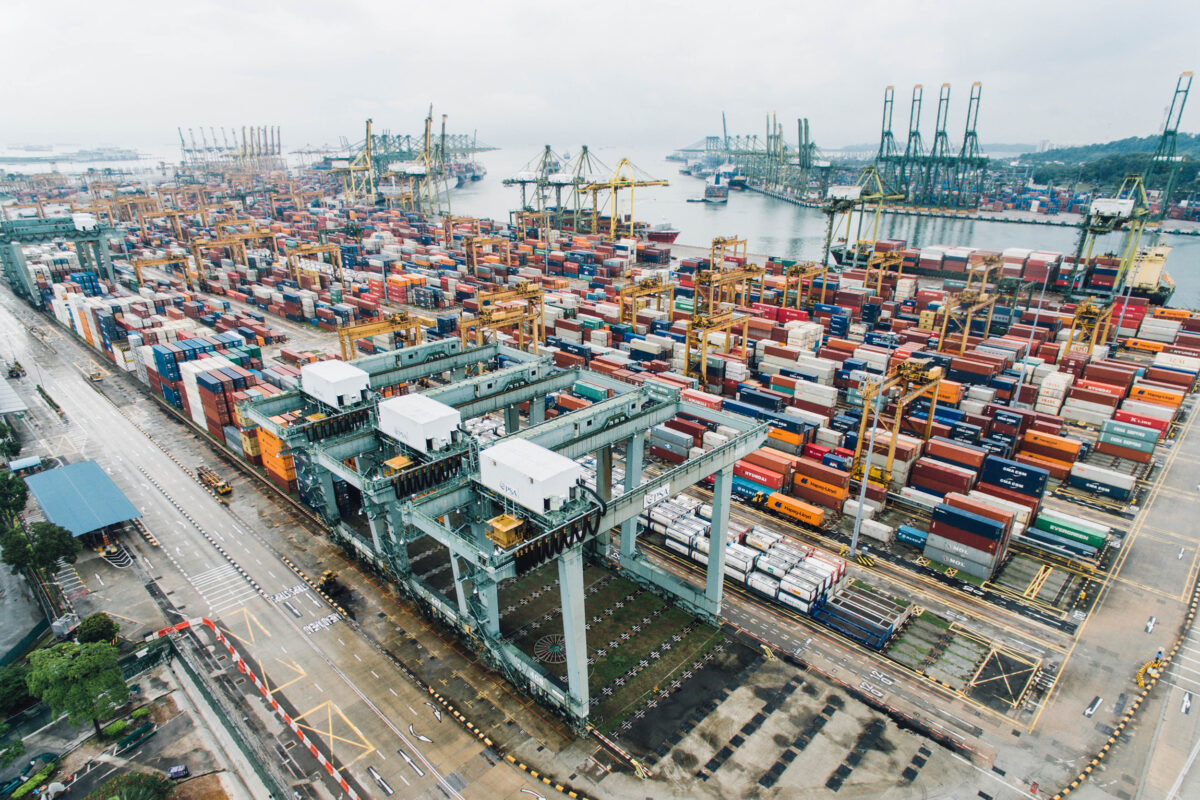The Community of Interest on Vulnerabilities and Resilience (COI V&R) examines how hybrid threats target different sectors of society in increasingly complex ways. The sectors covered by COI V&R include critical infrastructure, the economy, maritime, aviation and space, and instrumentalized migration. COI V&R monitors developments, analyzes findings, develops concepts and recommendations, assists in organizing exercises and scenario-based discussions, and informs various audiences through media and presentations.
Concept development draws on expertise from the Participating States, the EU and NATO. Recent discussions with noteworthy new insights have focused on the application of international law to critical maritime infrastructure, and vulnerabilities in electrical grids.
COI V&R’s overarching goal is to stimulate innovative thinking among policymakers in the Euro-Atlantic area to enhance their awareness of hybrid threats as a new requirement for resilience. On request, public and private organizations in all relevant sectors are assisted in conducting vulnerability assessments and provided with light scenario-based exercises to practise countermeasures against hybrid threats. In addition to in-depth technical and legal aspects, the work covers overall monitoring of global geoeconomic and geopolitical developments.
Themes
Related news and publications

 Hybrid CoE Paper 27
Hybrid CoE Paper 27Handbook on the role of non-state actors in Russian hybrid threats

Elections play a key role in safeguarding democracy

 Hybrid CoE Paper 26
Hybrid CoE Paper 26Hybrid threats in high latitudes: Facing Russia on Svalbard








